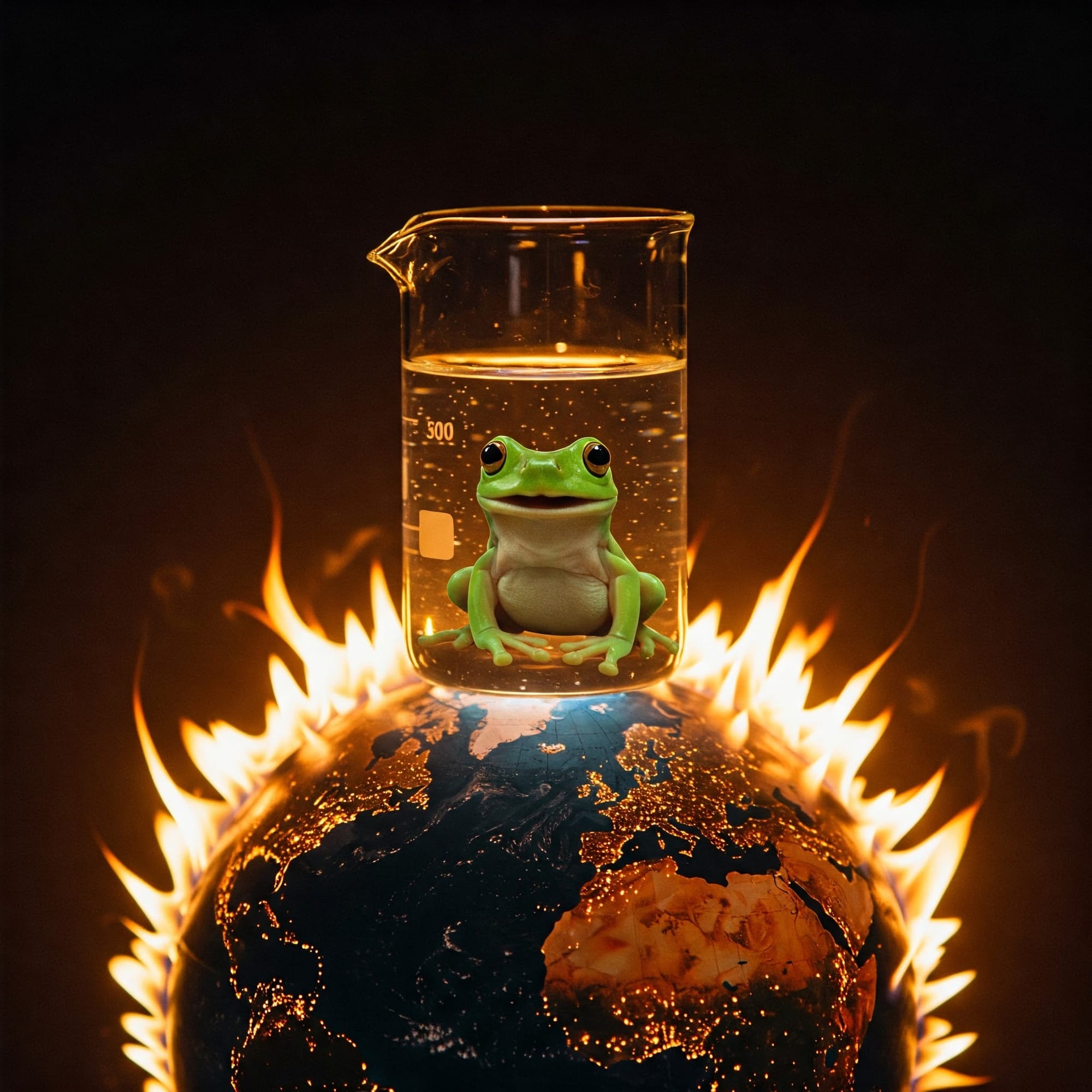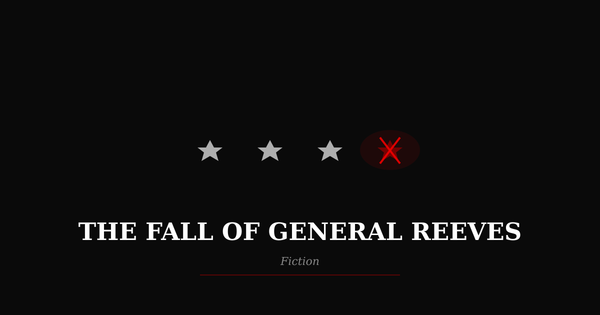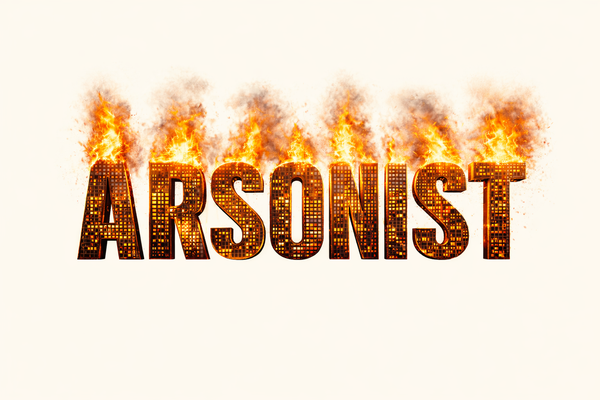The Mole
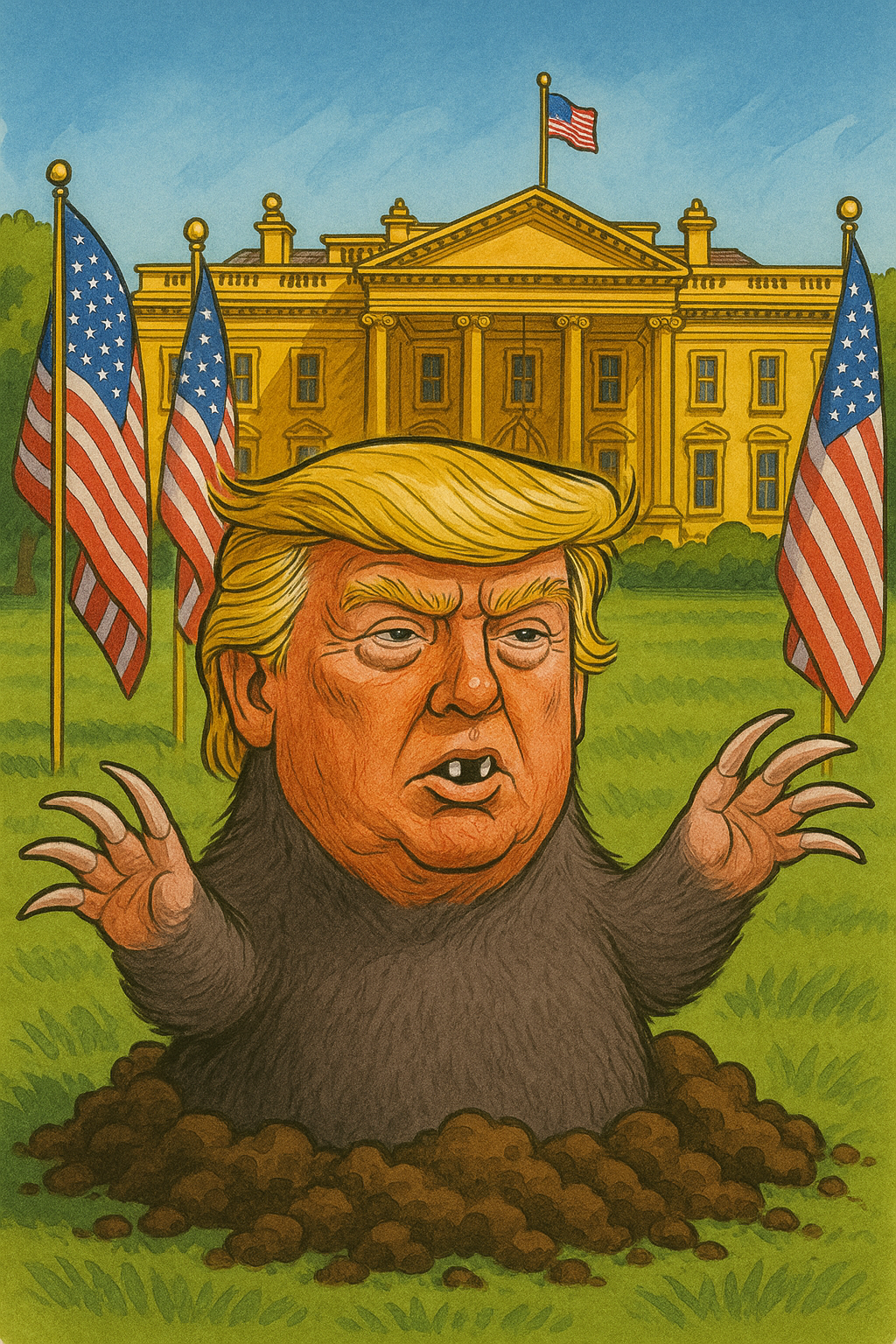
The question isn't whether Trump "works for" Putin in some formal employment sense—it's whether he serves Putin's interests with such consistency that the distinction becomes meaningless and becomes PrumpTutin.
The Pattern:
Trump has said Ukraine — not Russia — started the war. He's called Ukrainian President Volodymyr Zelenskyy — not Vladimir Putin — a dictator. His administration briefly halted arms shipments to Ukraine in early 2025, then resumed them only after public pressure and escalating Russian attacks. The U.S. voted with Russia and sixteen other mostly authoritarian countries to oppose a UN resolution that condemned Russia's "aggression" in Ukraine.
Trump, a habitual liar, then claimed he was sending massive weapons support to Ukraine—but what he actually arranged was for European nations to pay for and transfer their own existing Patriot systems while taking credit for the deliveries. While Ukraine has received at least one German-funded Patriot system by mid-July, most weapons still reaching Ukraine came from the $29 billion pipeline authorized under Biden, not new Trump commitments. His "17 systems" promise remains largely bullshit (sorry), with German officials unable to confirm shipments Trump claimed were already moving.
This represents a pattern where Trump's default instinct consistently serves Russian interests. Even when forced to reverse course by political pressure, he minimizes direct American commitment while maximizing political credit. The Kremlin welcomed his initial moves—Russian officials said the "rapidly changing" U.S. foreign policy approach "largely coincides with our vision".
Even congressional Republicans are alarmed. A bipartisan group of more than 160 members of Congress has signed onto the Sanctioning Russia Act of 2025, with one GOP member noting that "he's always been a little reluctant on Russia" and "Two out of three Americans support Ukraine".
The Unanswered Questions:
Former FBI acting director Andrew McCabe notes that "over the years since the special counsel started their work in 2017, all we have gotten is more questions, more evidence, more situations that point toward very serious questions about Donald Trump's relationship with Russia and specifically with Vladimir Putin. And none of those questions have ever been answered".
The Mueller investigation was limited to criminal matters, not counterintelligence threats. Bob Woodward reported that Trump spoke to Putin as many as seven times after leaving the presidency, including a 2024 call where Trump told an aide to leave the room for what he called "a private phone call" with Putin. When asked to confirm these calls, trump responded: "I don't comment on that".
The Senate Intelligence Committee documented at least 140 contacts between the Trump campaign and Russian nationals, yet the counterintelligence implications were never fully investigated.
Recent Claims:
In February 2025, The Hill reported on three cases where claims were made by ex-KGB officials that Trump had been cultivated, recruited (with the codename "Krasnov") in 1987, and/or compromised. These allegations came from multiple former intelligence officials, including Alnur Mussayev, former head of Kazakhstan's intelligence service, and Sergei Zhyrnov, an ex-KGB officer living in France.
The Steele dossier alleged extensive kompromat operations, with the Kremlin promising Trump they would not use collected compromising material "as leverage, given high levels of voluntary co-operation forthcoming from his team".
The Bottom Line:
Whether trump formally "works for" Putin misses the point. His default instinct consistently serves Russian interests while undermining American allies and democratic values. Even when forced to reverse course by political pressure—as with the weapons shipments—his first impulse aligns with Moscow's wishes. He systematically weakens NATO, briefly abandoned Ukraine until forced to reverse course, echoes Kremlin talking points, and maintains mysterious private communications with Putin. When caught, he lies about his level of support, exaggerating modest European-funded arrangements as major American commitments.
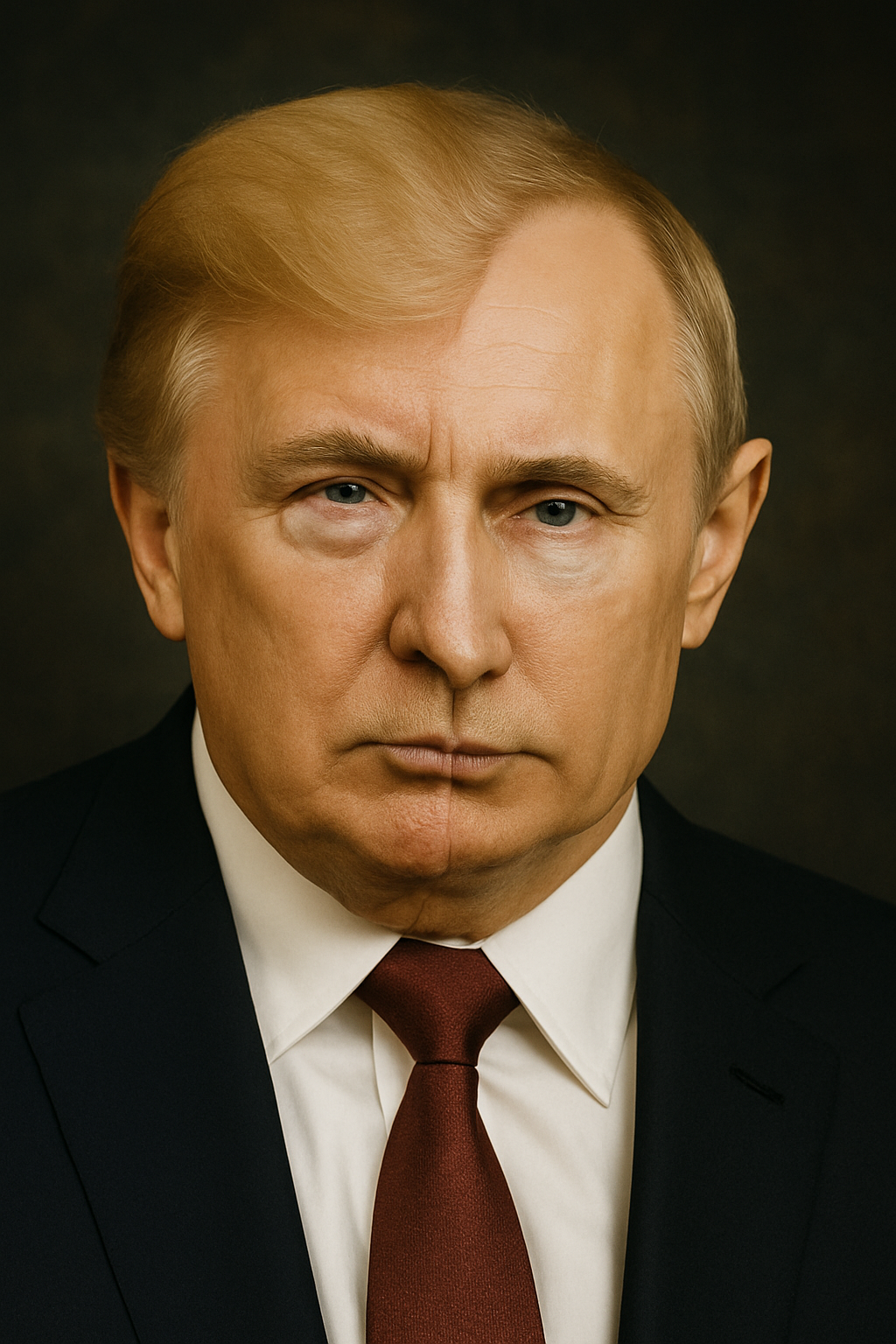
Historian Anne Applebaum calls this departure from traditional U.S. foreign policy "radical" given that Russia is a daily threat to the rest of Europe. The implications extend beyond Ukraine—what happens to decades of treaties, alliances, and the entire post-war order?
Call it what you want—asset, useful idiot, or willing collaborator. The effect is the same: Putin gets what he wants from trump.
The real question isn't whether trump works for Putin—it's whether there's any meaningful difference between that and what we're witnessing.
